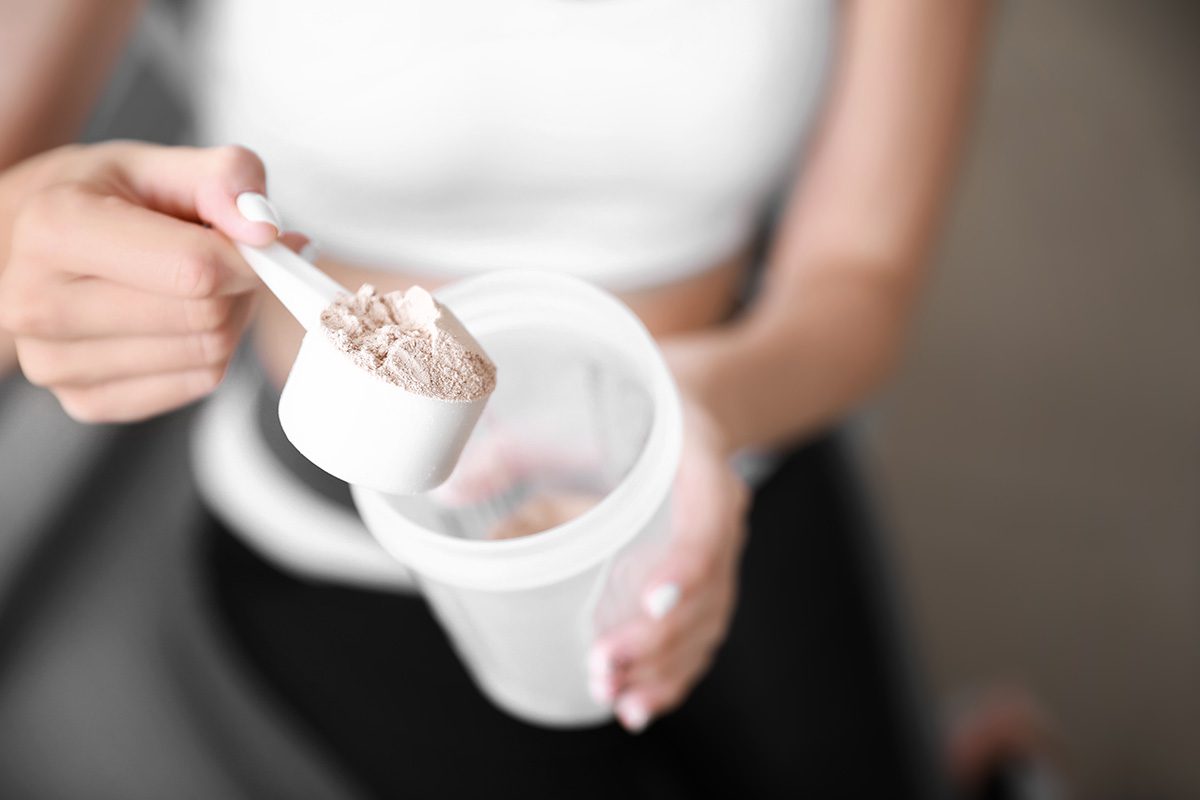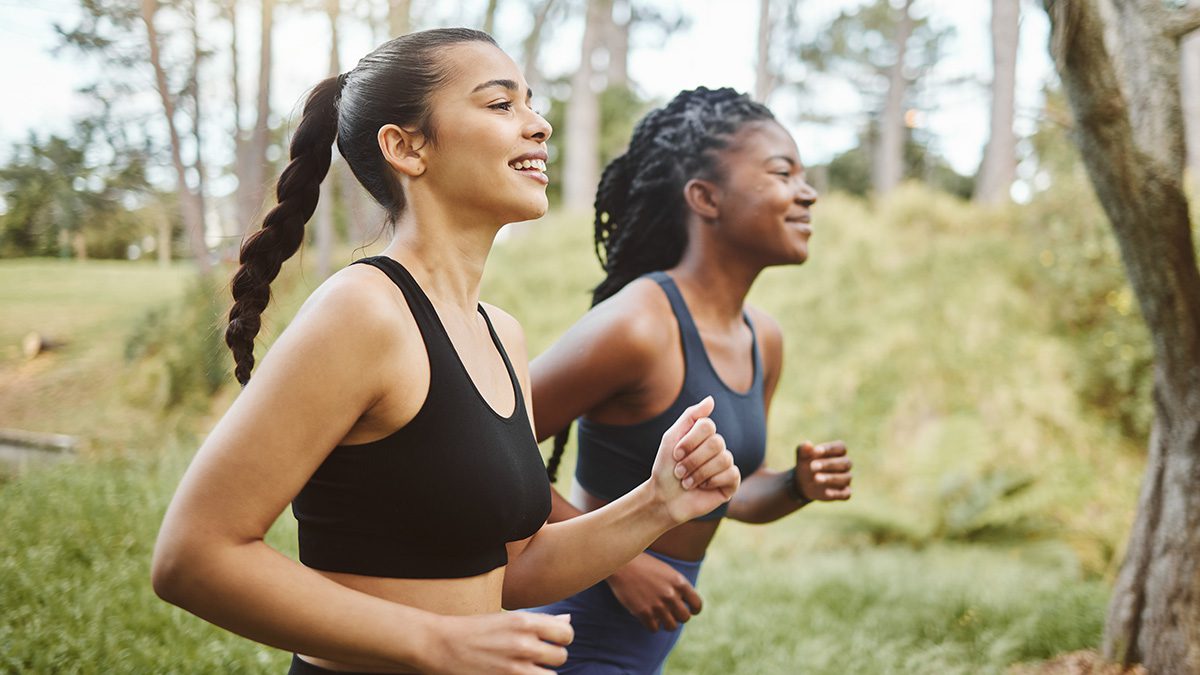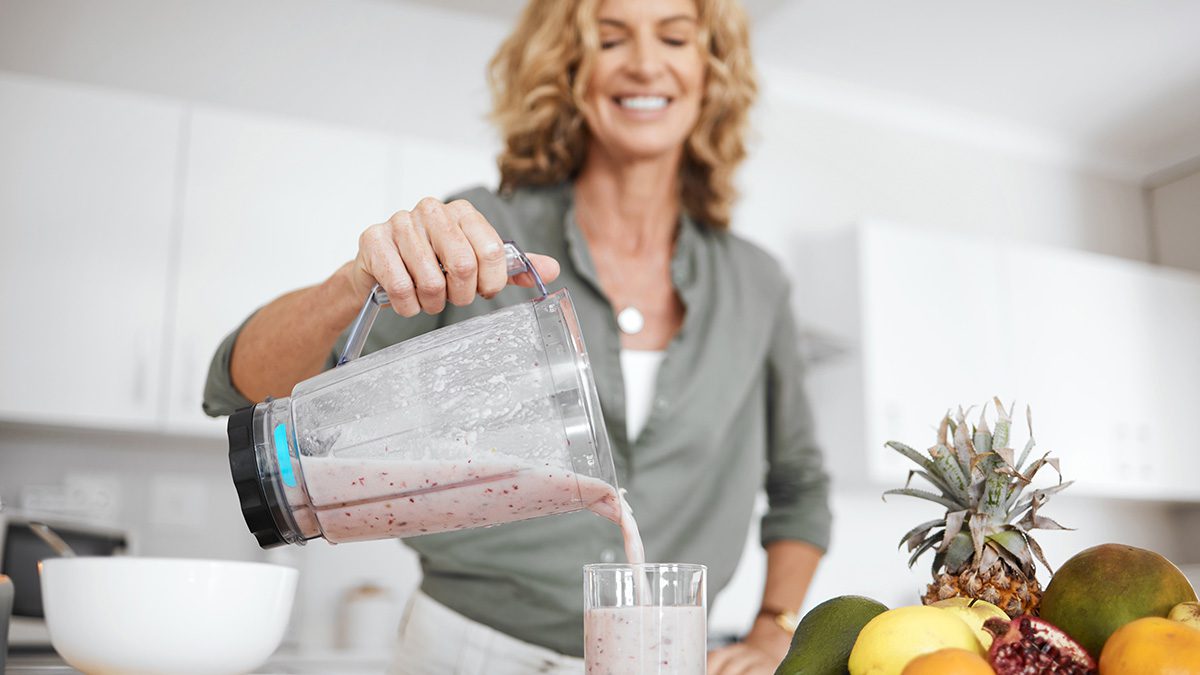Ask Dr Adam: Do I Really Need Protein if I’m Not Lifting Weights Every Day?

When we think of protein, we often picture protein shakes and barbell-heavy workouts. But what if you’re not hitting the gym every day or ever? Do you still need to care about your protein intake?
This is a common question, particularly among women who lead active lives but may not see themselves as “gym-goers.” To clear things up, we asked Dr. Adam Collins, Form’s Head of Nutrition and Director of BSc and MSc Nutrition at the University of Surrey, to break it down.

Why Protein Matters. Even Without the Heavy Lifting.
Protein is often associated with strength training and for good reason. Resistance exercise causes small tears in muscle fibres, and protein provides the amino acids needed to rebuild and grow stronger.
However, that’s far from the whole story.
“Protein isn’t just for bodybuilders. Any kind of activity, from brisk walking to a spin class causes your body to use amino acids, which need to be replenished to help your body adapt and recover,” explains Dr. Collins.
Even endurance or cardio-based exercise, like running, cycling, or dance requires protein. These forms of exercise “burn” amino acids for energy, and your body uses protein post-exercise to build endurance adaptations, like increasing mitochondrial density (the energy powerhouses of your cells).
How Active Women’s Protein Needs Vary
Women may also experience fluctuations in protein requirements throughout the menstrual cycle.
“In the luteal phase of the cycle, the catabolic effect of progesterone increases amino acid breakdown,” says Dr. Collins. “This means women may need more protein during this phase to support recovery and energy.”
Additionally, hormonal changes during menopause can affect muscle and fat distribution. As oestrogen declines, it can become harder to maintain muscle mass and easier to accumulate fat.
“After menopause, women benefit from a slightly higher protein intake to counteract these changes in body composition,” Dr. Collins adds. “It’s a key tool for maintaining lean mass and metabolic health.”

Protein and Ageing: A Vital Nutrient for Longevity
As we age, preserving muscle mass becomes essential for health, mobility, and metabolic function. The natural decline in muscle tissue, known as sarcopenia – can begin as early as your 30s and becomes more significant after 60.
“Maintaining muscle isn’t just about aesthetics, it’s crucial for metabolic health and quality of life,” Dr. Collins notes. “Older adults often need more protein than younger people, but appetite and digestive capacity can make it harder to meet those needs.”
The “Protein Paradox” and Longevity Diets
You might have heard the argument that high-protein diets are bad for longevity. This idea stems from the “protein paradox”: while higher protein intake is essential for muscle maintenance with age, some research associates lower protein diets with longer life.
“It’s a complex picture,” Dr. Collins clarifies. “Most longevity research linking low protein to extended lifespan comes from animal studies or populations eating predominantly plant-based diets low in animal protein.”
High-protein diets can activate a growth pathway called mTOR, which may suppress autophagy, the body’s “cellular clean-up” process linked to healthy ageing. But this doesn’t necessarily mean all high-protein diets are harmful.
“What matters is context, diet quality, source of protein, and life stage all play a role,” says Dr. Collins. “Plant-based proteins, especially when balanced with fibre and micronutrients, offer a longevity-supportive approach to meeting protein needs.”
How Form Supports Active Women, Gym-Goers or Not
Form’s range of plant-based protein powders is designed to support diverse needs, from gym regulars to those simply committed to an active, healthy lifestyle.
- Performance Protein supports recovery with 30g of plant-based protein and added curcumin and digestive enzymes.
- Pureblend Protein offers flexible, flavour-free protein ideal for smoothies or cooking.
- Superblend Protein combines protein with superfoods and vitamins, perfect for women wanting an all-in-one nutrition boost.
“Our products reflect the science, we support your goals whether you’re training hard or just staying active day to day,” Dr. Collins says.
Yes, You Need Protein. Even Without the Barbell
Whether you’re training for a marathon, chasing after kids, or enjoying regular walks, your body relies on protein to recover, adapt, and stay strong. And as you move through life’s stages, from menstruation to menopause and beyond, your protein needs shift too.


















